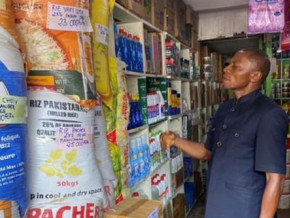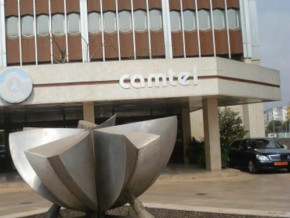
Yaoundé - 25 April 2024 -
Agriculture
To protect cocoa sector, Cameroon bans import of pesticides made from Metalaxyl

(Business in Cameroon) - After Ivory Coast in 2014, Cameroon also just banned the import of pesticides containing Metalaxyl, a compound which, according to the Ministry of Agriculture, compromises the final quality of cocoa.
Officially, this prohibition measure follows complaints from some buyers of Cameroonian cocoa, who reveal that the local production has trace quantities of Metalaxyl higher than the required standard.
In Cameroon, we learned, the pesticides made from this compound were highly sought by producers in the Littoral and South-West regions, where harvesting most often takes place during the raining season.
BRM
Mags frontpage
- Most read 7 days
- shared 1 month
- read 1 month
next
prev






























